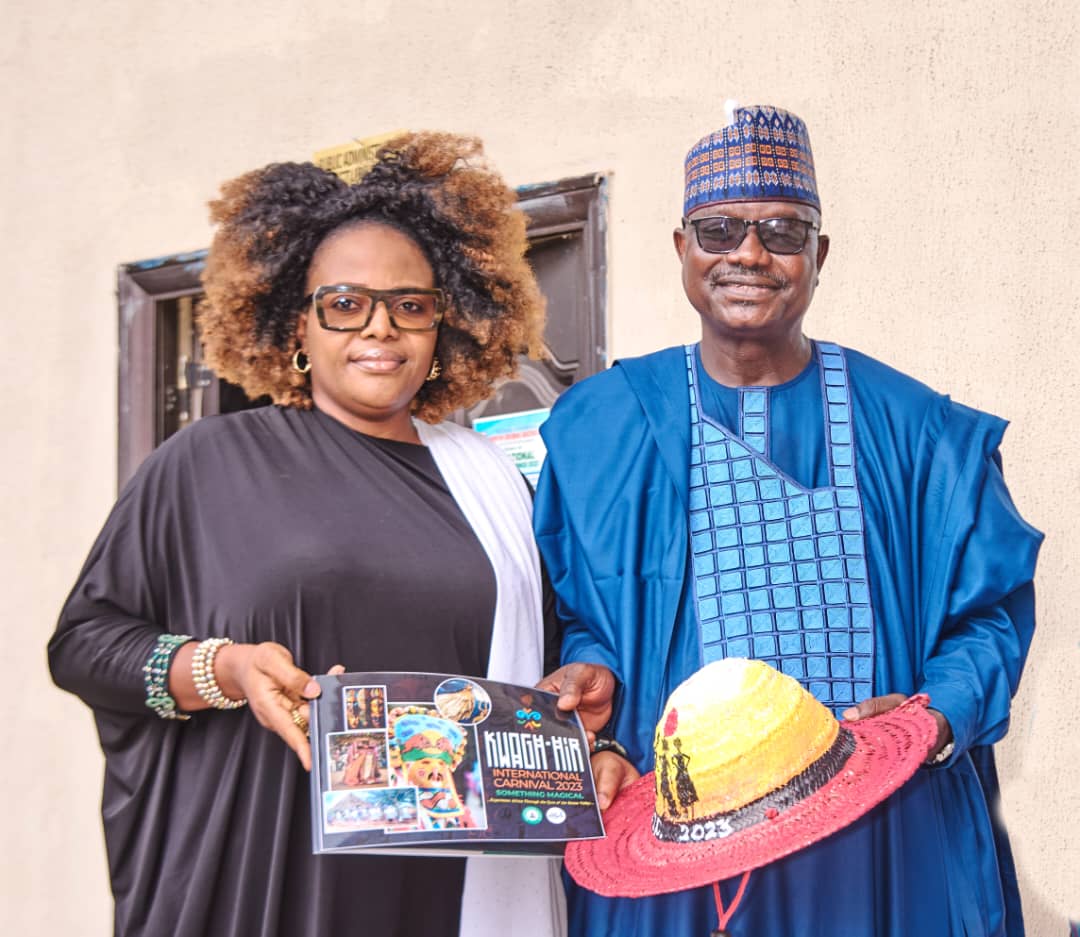The National Institute for Cultural Orientation, northwest zonal office, Katsina, has redoubled the Institute’s continued pursuit for unrivalled multifaceted cultural excellence, through its impactful cultural clubs initiative.
Thus, in line with a current, deliberate, nationwide campaign and drive for rejuvenation of cultural creativity amongst youth, the zonal office has keyed in with a visitation to seven of its most vibrant cultural clubs in secondary schools across Katsina metropolis.
The visitation cum sensitisation programme is replicated by the Institute across the six geopolitical zones and the federal capital, with the theme: The Role of the Nigerian Child in a Creative Economy .
The programme, which also ran from 20th to 23rd of November, was not just a routine call, but a deliberate endeavour that sought to unravel the multifarious components of cultural influence, education and creativity, that converge to mould the features and the future, of an individual and consequently, the society at large.
Hence, the sessions, which aimed to engage and enlighten, initiated dialogues that transcended cultural boundaries, delving into the core of our societal fabric, where the seeds of creativity are sown.
Speaking during the sessions, the zonal director, barrister Musa Ibrahim Kakamba, emphasized that it is only through relentless and focused exploration of our creative talents, that we can appropriately harness them for optimum productivity, thereby accentuating our self reliance at both individual and national level, for attainment of enviably viable creative economy.
Kakamba lamented that the country’s youth are lagging much far behind in respect of harnessing creativity, compared with their counterparts, especially in the western world . This he says, is
despite the promising creative potentials nestled in the mind of the Nigerian Child, which hold great prospect .
The zonal director affirms that, from various interactive engagements, particularly via the Institute’s cultural clubs, it is evident that the Nigerian Child is not just a passive recipient of cultural influences, but an active participant in the dynamic process of cultural preservation and evolution. This, he added, becomes more glaring, in the enthusiasm, diverse array of creativity and talents, as well as resilience displayed by them on varied occasions. He therefore assured, that the Institute will continue to do everything within its mandate and capacity, to give the Nigerian Child, the requisite impetus and support, to ensure that the repository of talent and creativity inherent in him, is optimally exploited.
Also speaking during the visitation, the zonal office’s head of administration, Malam Bashir Garba, admonished clubs’ members, to not hesitate to always explore and exploit their creative talents to the fullest. Malam Garba urged them not to waver in putting their creative ideas and imaginations into meaningful use, saying with persistence, their dreams will become realities and their goals will materialize.
Heads of schools and clubs’ masters, who remarked in their various respects, appreciated and applauded NICO for its persistent commitment to uplifting the plight of the Nigerian Child, saying the Institute has continued to give hope to so many, that they can be what they so wish to become. Moreover, they called on NICO to sustain the tempo and assured of their continued necessary collaboration and support.
A number of appeals were however made by clubs’ members and clubs’ masters alike. These include issuing of certificates to especially graduating clubs’ members, organising creative competitions between clubs’ members, sponsoring cultural trainings, for acquisition of skills and nurturing of talents, provision of cultural materials and literature, for learning, more frequent routine visits to monitor and guide clubs’ activities and extension of cultural clubs to schools outside Katsina.
Clubs visited included those at Katsina College, Katsina, Government Girls Secondary School, Katsina, Government Secondary School Kofar Kaura, Katsina and Government Secondary School Kambarawa, Katsina. Others were those at Family Support Secondary School, Katsina, Barhim Community Secondary School, Katsina and Sir Usman Nagoggo College, Katsina.
Highpoints of the programme were various cultural entertainments by the clubs’ members.
Story by Corporate Affairs Unit, NICO Katsina.

